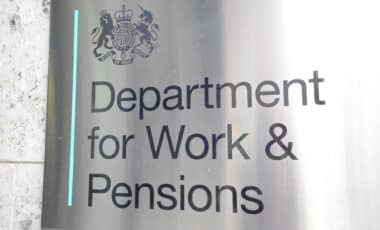Families across the UK are being urged to take advantage of a little-known tax-saving perk that could reduce their tax bill by as much as £6,200. The strategy, which centres on salary sacrifice pension schemes, is quickly gaining attention as a smart way to boost retirement savings while safeguarding valuable child benefits.
This pension strategy comes as a solution for families grappling with the cost of living and concerns over retirement savings. With salaries hitting tax cliffs that impact both income tax and National Insurance contributions, many parents may find themselves losing out on crucial financial benefits. However, a clever approach to salary sacrifice could change this.
Understanding Salary Sacrifice Pension Schemes
Salary sacrifice is a relatively simple yet powerful strategy, where employees agree to give up a portion of their pre-tax salary in exchange for increased pension contributions. This arrangement lowers their taxable income and, in turn, reduces both their income tax and National Insurance contributions.
According to Myron Jobson, senior personal finance analyst at Interactive Investor, salary sacrifice “can be an incredibly effective tool” for parents, particularly those on the verge of hitting tax cliffs, to preserve both their retirement savings and access to child benefits.
For example, parents earning around £65,000 a year could save £2,100 in tax and National Insurance by contributing £5,000 of their salary to a pension through salary sacrifice. More importantly, they would avoid the High Income Child Benefit Charge, a tax that kicks in once income exceeds £60,000.
This strategy allows families to benefit from tax savings while ensuring that they remain eligible for key child benefits that are otherwise reduced or withdrawn when earnings surpass certain thresholds.
How This Strategy Works for Higher Earners
For higher-income earners, the benefits of salary sacrifice are even more pronounced. Parents earning £110,000, for instance, can save as much as £6,200 by sacrificing £10,000 of their salary into their pension.
This approach not only reduces their tax bill but also helps them avoid the reduction in personal allowance that occurs once income exceeds £100,000. This can be crucial for families facing substantial household expenses, such as mortgage payments or rising bills.
Mr Jobson emphasises that salary sacrifice should be used strategically and in conjunction with a broader financial plan, taking both immediate needs and future aspirations into account.
“Striking the right balance between saving for tomorrow and affording life today is key,” he says.









